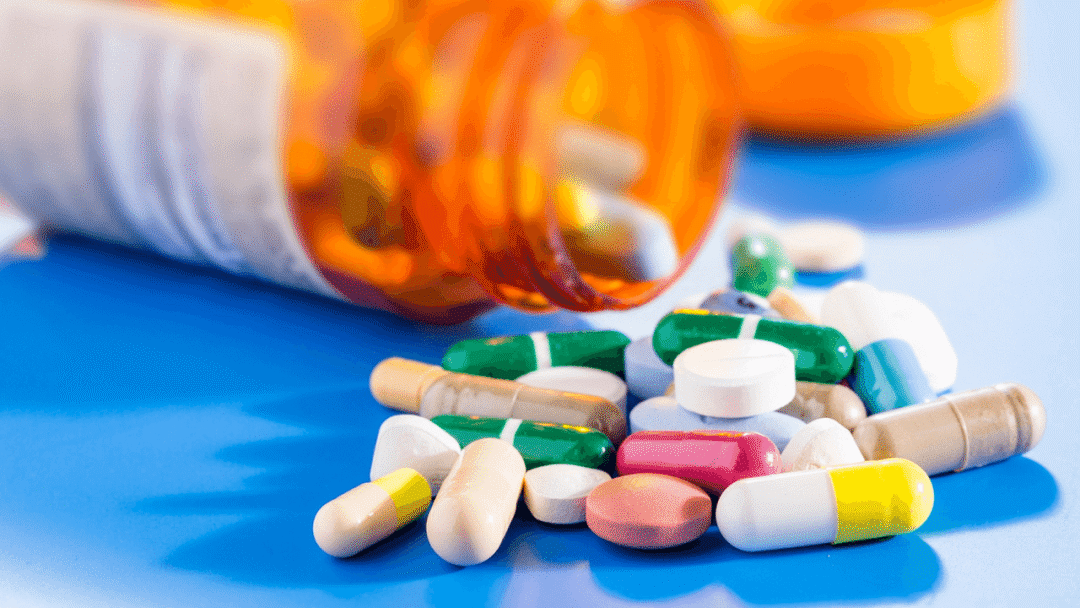Does IVF Ovulation Promotion Harm the Body?
Does multiple ovulation induction for IVF cause great harm to the body? In the process of IVF treatment, in order to get more eggs to increase the chance of pregnancy, except for the natural cycle, generally women have to take medication to promote ovulation. However, for many women whose ovarian function is not very good, the number of ovulated follicles is small, and the chance of success of IVF is greatly reduced, so it is inevitable that they will go through the experience of repeated ovulation. So, is it harmful to the body to do IVF ovulation several times?

1. Will the use of ovulation induction drugs lead to premature ovarian failure?
The number of eggs in each woman’s body is limited. Normal women will get 8-10 eggs in each ovulation cycle, and the number of eggs in each woman’s body is limited, so some women cannot help worrying about whether retrieving so many eggs will lead to premature ovarian failure.
The truth is that in the natural state every woman will have one egg to develop and mature, and the remaining follicles will atresia and apoptosis. Ovulation promotion is the use of a menstrual cycle in which all follicles have the potential to develop, given enough drugs to stimulate the development of most follicles at the same time, just a ‘waste use’ process, will not cause premature ovarian failure.
2. Will I gain weight after ovulation induction?
Generally, there is no significant change in body weight after ovulation induction, but there are people who do gain weight, which is mainly due to the fact that the level of oestrogen in women’s bodies after IVF ovulation induction treatment increases compared with the natural cycle, which makes water retained in the body, thus leading to weight gain or oedema. However, as the medication is metabolised, the hormone levels will return to normal.
In addition, many patients will eat a lot of nutrients after entering the IVF cycle, resulting in excessive energy intake and weight gain.
3. What are the possible discomforts during ovulation induction?
As oestrogen levels rise during ovulation induction, some physical discomfort may occur, such as dizziness, headache, breast swelling, abdominal pain, bloating, increased vaginal discharge or a small amount of vaginal bleeding, which are normal phenomena caused by hormonal fluctuations.
If there is a worsening of symptoms, or a sharp decrease in urine output, chest tightness, dyspnoea and other discomforts, we should be alert to ovarian hyperstimulation syndrome, which requires prompt medical attention.
TCC proposes: Ovulation promotion in general will not affect women’s body too much, but during the ovulation promotion period women should still pay more attention to diet, living habits and other factors that may have an impact on the success rate of IVF. During IVF, women should always pay attention to their subtle changes and have regular check-ups in order to further increase the success rate of IVF.
相关推荐
- NT / Down screening / non-invasive / amniocentesis full analysis
- Seven Differences Between IVF and Natural Pregnancy
- 5 Life and Death Decisions to Ask About Embryo Talk
- Follicular Dysplasia and Infertility | Global Guidelines for the Treatment of Small Follicle Ovulation
- The Importance of Amniocentesis in Older Pregnant Women | Risks, Techniques, and International Guidelines
Search within the site
Surrogacy News
Hot Tags.
Kyrgyzstan Surrogacy Agency,Global IVF Hospitals,International Surrogate Mother Recruitment